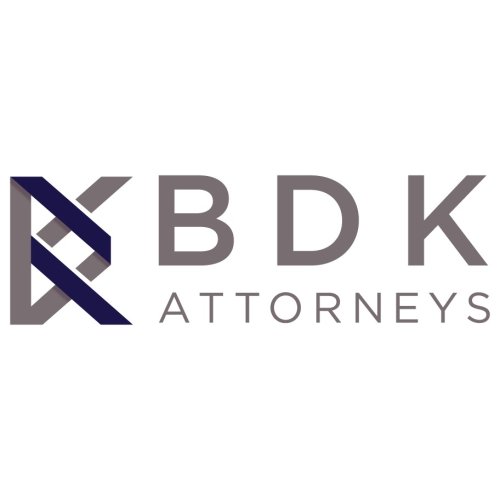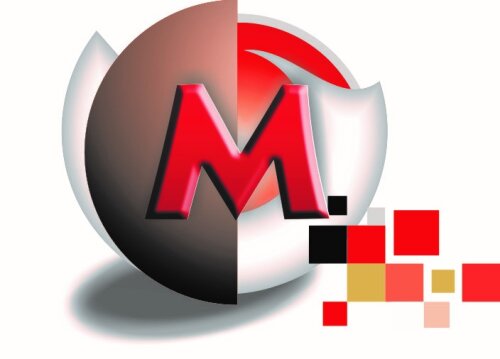Best Foreclosure Lawyers in South Africa
Share your needs with us, get contacted by law firms.
Free. Takes 2 min.
Free Guide to Hiring a Real Estate Lawyer
Or refine your search by selecting a city:
List of the best lawyers in South Africa
About Foreclosure Law in South Africa
Foreclosure in South Africa occurs when a homeowner defaults on mortgage payments, and the lender seeks to recover the balance of the loan by auctioning the property. The process is known as "judicial sale" and involves legal proceedings to enforce a legal obligation. Foreclosure is a serious matter, as it can lead to the loss of one's home and financial stability. It is governed by specific legal frameworks designed to protect both lenders and borrowers, ensuring a fair process.
Why You May Need a Lawyer
There are several situations where obtaining legal advice may be crucial in foreclosure cases:
- Understanding Your Rights: Navigating the complexities of South African foreclosure laws can be challenging without a clear understanding of your rights and obligations.
- Negotiating with Lenders: Lawyers can help negotiate repayment plans or settlements with lenders to avoid foreclosure.
- Representing You in Court: If your case goes to court, having a lawyer can greatly influence the outcome in terms of protecting your interests.
- Challenging Unlawful Actions: If the lender doesn't adhere to legal procedures, a lawyer can assist in challenging any unlawful or unfair actions.
Local Laws Overview
Foreclosure procedures in South Africa are pursued through the courts and are primarily governed by the National Credit Act and the broader common law principles related to debt enforcement. Lenders must adhere to notice periods and procedural fairness to give the debtor a reasonable chance to rectify the default. Recent changes in legislation have aimed to offer more protection to consumers, ensuring transparency and fairness in how these processes are conducted.
Frequently Asked Questions
1. What is the procedure for foreclosure in South Africa?
Foreclosure typically involves the lender filing a lawsuit against the defaulting borrower. A court may issue a judgment, followed by the sale of the property to recover the owed debt.
2. Can I stop a foreclosure after it has started?
Yes, it is possible to stop foreclosure even after it has commenced by negotiating with the lender for a payment plan or by settling the arrears.
3. How long does the foreclosure process take?
The foreclosure process can vary but generally takes several months to conclude, allowing time for legal notices and court procedures.
4. Is it possible to recover my property after a foreclosure sale?
Once a property is sold at auction, recovering it is highly unlikely unless the sale is found to have been procedurally flawed.
5. What are the costs associated with foreclosure?
Legal fees, court costs, and other related expenses can accumulate, often adding significantly to the outstanding debt.
6. What are my rights as a homeowner facing foreclosure?
Homeowners have the right to be informed about the foreclosure, to rectify the arrears, and to challenge any unfair treatment in court.
7. Can a foreclosure affect my credit score in South Africa?
Yes, foreclosure can significantly impact your credit score, affecting your ability to borrow in the future.
8. Are there alternatives to foreclosure?
Alternatives include loan modification, debt counseling, or voluntary sale of the property to pay off the mortgage.
9. What happens to the excess proceeds from a foreclosure sale?
Any excess proceeds after settling the debt and associated costs are returned to the homeowner.
10. Can tenants be affected by a foreclosure?
Yes, tenants may be forced to vacate depending on the new owner's intentions following the foreclosure.
Additional Resources
There are several resources and organizations you can turn to for assistance with foreclosure matters in South Africa:
- National Credit Regulator (NCR) for guidance on consumer credit issues.
- Legal Aid South Africa for free or affordable legal assistance to qualifying individuals.
- The South African Human Rights Commission for addressing any potential rights violations in foreclosure actions.
Next Steps
If you are facing foreclosure and need legal assistance, consider the following steps:
- Consult a Lawyer: Engage with a lawyer to discuss your case and explore your options.
- Gather Documentation: Collect all relevant documents, including loan agreements and communication with the lender.
- Stay Informed: Keep up-to-date with any legal notices and proceedings related to the foreclosure.
- Explore Alternatives: Discuss potential alternatives to foreclosure, such as restructuring your mortgage with your lender.
Lawzana helps you find the best lawyers and law firms in South Africa through a curated and pre-screened list of qualified legal professionals. Our platform offers rankings and detailed profiles of attorneys and law firms, allowing you to compare based on practice areas, including Foreclosure, experience, and client feedback.
Each profile includes a description of the firm's areas of practice, client reviews, team members and partners, year of establishment, spoken languages, office locations, contact information, social media presence, and any published articles or resources. Most firms on our platform speak English and are experienced in both local and international legal matters.
Get a quote from top-rated law firms in South Africa — quickly, securely, and without unnecessary hassle.
Disclaimer:
The information provided on this page is for general informational purposes only and does not constitute legal advice. While we strive to ensure the accuracy and relevance of the content, legal information may change over time, and interpretations of the law can vary. You should always consult with a qualified legal professional for advice specific to your situation.
We disclaim all liability for actions taken or not taken based on the content of this page. If you believe any information is incorrect or outdated, please contact us, and we will review and update it where appropriate.
Browse foreclosure law firms by city in South Africa
Refine your search by selecting a city.















